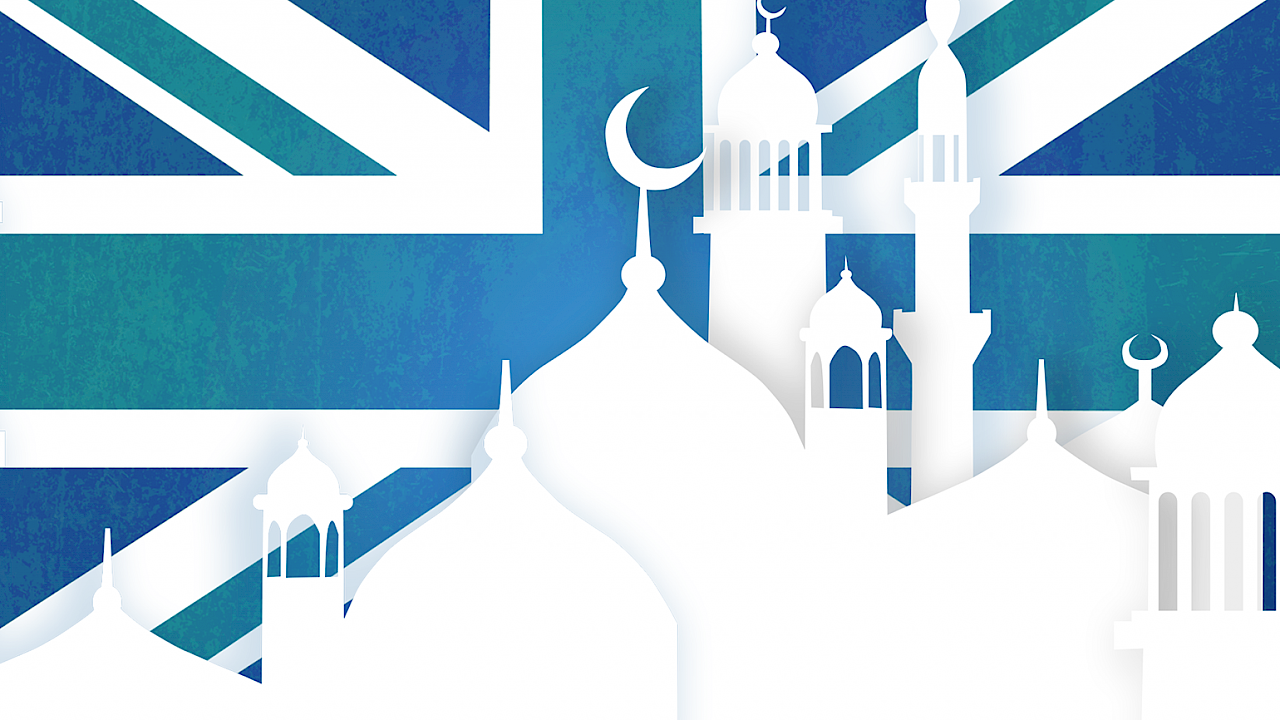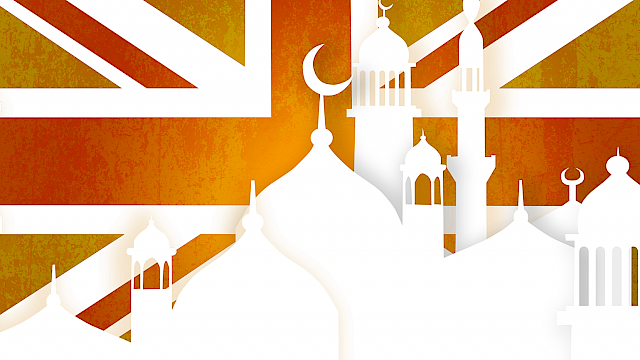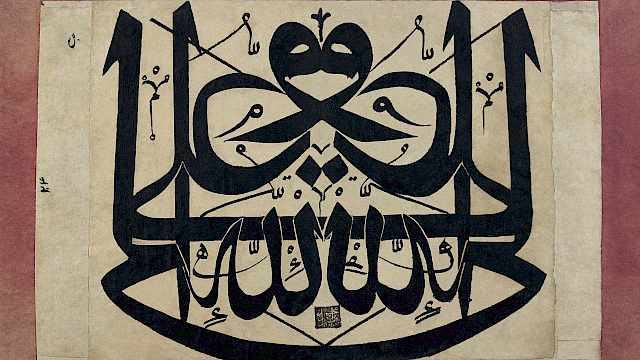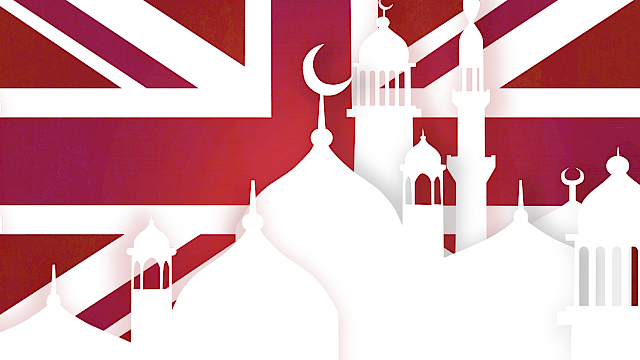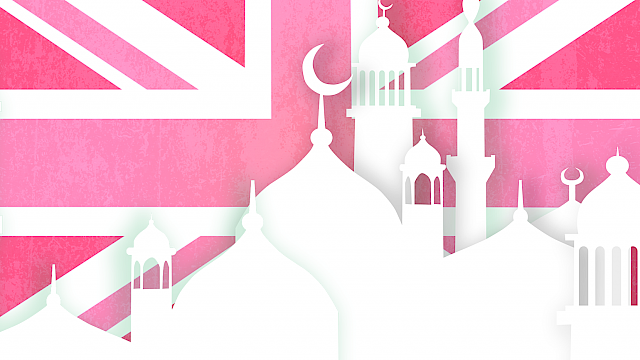There have been Muslims in Britain since the 16th century when North African and Turkish galley slaves were released from ships captured from the Spanish Armada
Key points
There have been Muslims in Britain since the 16th century, with communities developing from the late-1900s in the port cities of London, Cardiff, Glasgow, Liverpool, Tyneside, and Hull.
Major Muslim populations in the UK have their origins in Pakistan, Bangladesh, Yemen, and Somalia.
Following migration from India, Pakistan, and Bangladesh (formerly East Pakistan) in the 1950s and 1960s, South Asian Muslims settled in the major industrial towns and cities of the Midlands, northern England, and London.
Civil wars and political unrest in Africa, the Middle East, South Asia, and Eastern Europe since the 1980s resulted in the arrival in the UK of asylum seekers and refugees, including Muslims from Algeria, Libya, Somalia, Iran, Iraq, Afghanistan, and Bosnia.
Muslim communities in the UK differ from one another historically, socially, politically, and demographically. They are internally differentiated too, for example by regional, religious, political, and generational differences.
There is a long history of conversion to Islam in the UK, including early seafarers and elite converts from the mid-19th century, to those who married migrants in the 1950s and 1960s and more recently to those who have converted for personal spiritual reasons.
Copyright Information
As part of CREST’s commitment to open access research, this text is available under a Creative Commons BY-NC-SA 4.0 licence. Please refer to our Copyright page for full details.
IMAGE CREDITS: Copyright ©2024 R. Stevens / CREST (CC BY-SA 4.0)
